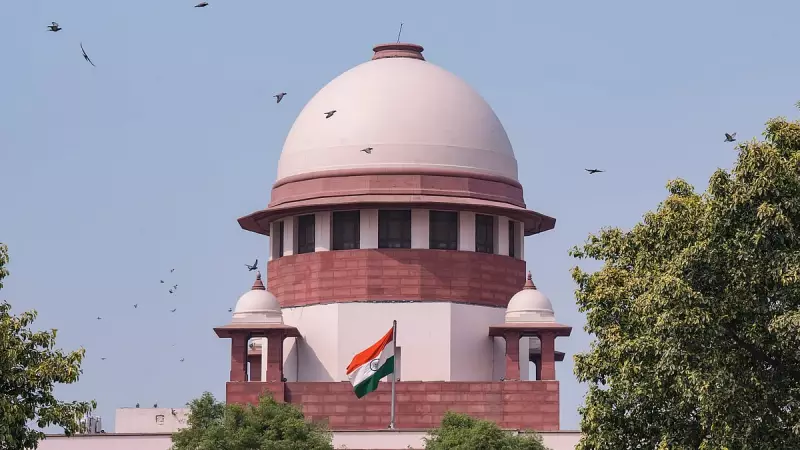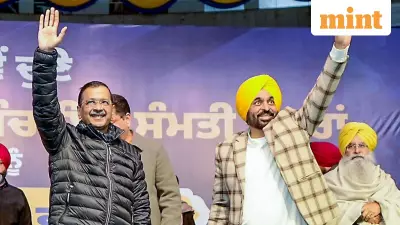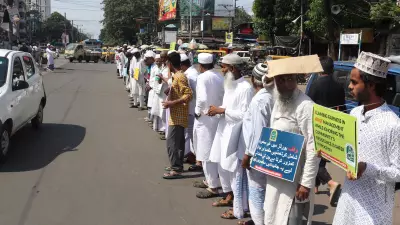
In a powerful verdict that reinforces constitutional safeguards, the Supreme Court of India has delivered a significant blow against the misuse of Uttar Pradesh's controversial religious conversion law. The apex court has firmly stated that the legislation cannot be weaponized to harass innocent individuals through multiple First Information Reports (FIRs) for the same alleged offense.
Landmark Judgment Upholds Constitutional Rights
The bench, comprising Justices B.R. Gavai and Sandeep Mehta, emphasized that filing numerous FIRs against a person for the identical conversion-related incident constitutes a clear violation of fundamental rights. This judgment comes as a relief to many who have faced legal harassment under the Uttar Pradesh Prohibition of Unlawful Conversion of Religion Act.
Court's Stern Warning to Authorities
The Supreme Court didn't mince words when addressing the misuse of the conversion law. The bench explicitly declared that the legislation should never become a tool for victimizing innocent citizens, sending a strong message to law enforcement agencies and state authorities about their responsibilities in upholding constitutional values.
What This Means for Citizens
This precedent-setting judgment establishes crucial protections for individuals facing legal actions under anti-conversion laws:
- Protection against multiple FIRs for the same alleged conversion incident
- Reinforcement of constitutional safeguards against legal harassment
- Clear guidelines for proper implementation of conversion laws
- Judicial oversight to prevent misuse of state power
Broader Implications for Religious Freedom
While the court didn't strike down the conversion law itself, its ruling sets important boundaries for how such legislation can be enforced. The judgment underscores that even laws with legitimate purposes must be implemented within constitutional frameworks, ensuring they don't become instruments of persecution.
This decision is particularly significant given the ongoing debates about religious conversion laws across several Indian states. It establishes a crucial judicial precedent that balances state interests with individual freedoms, potentially influencing how similar cases are handled nationwide.





